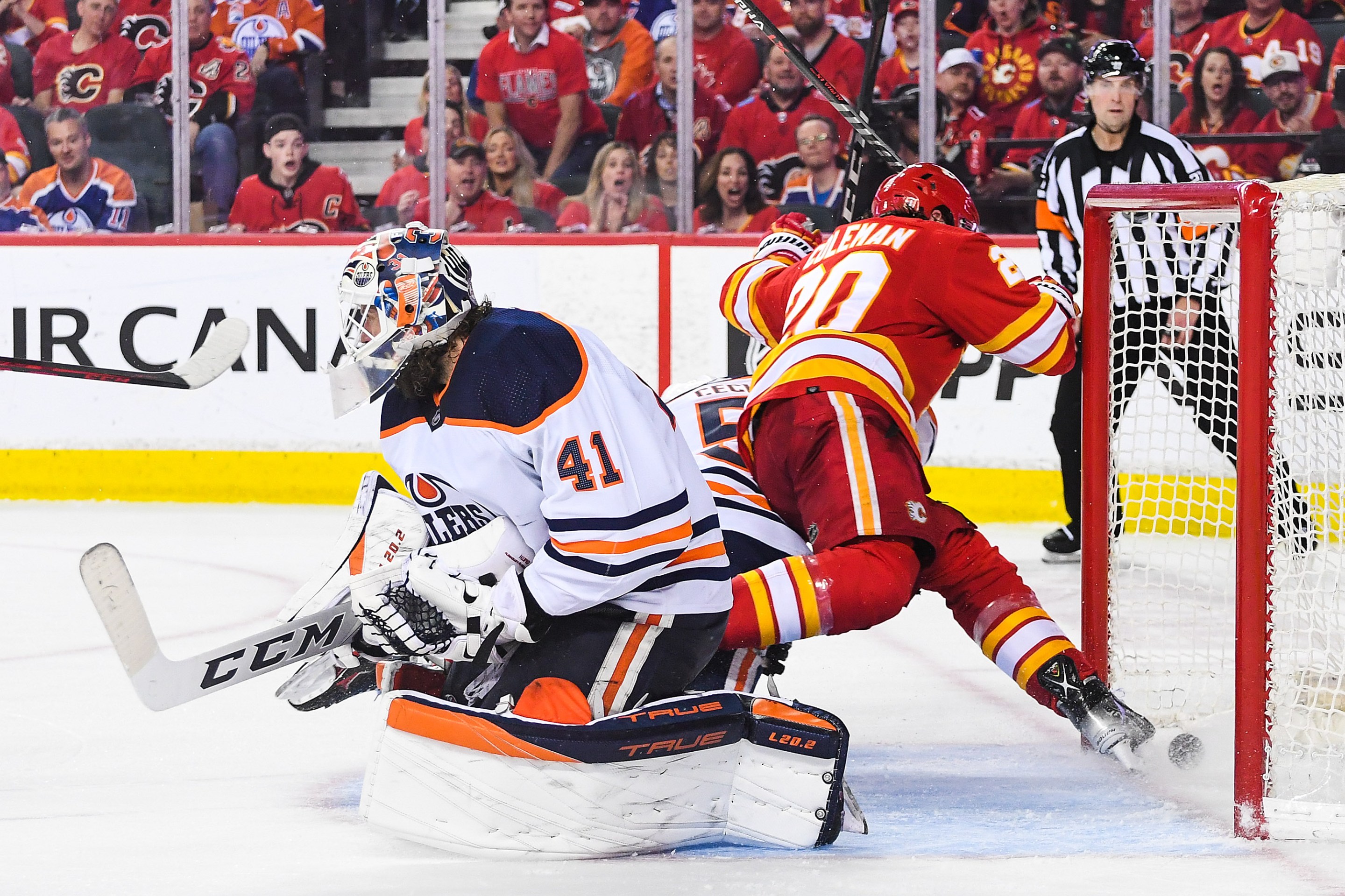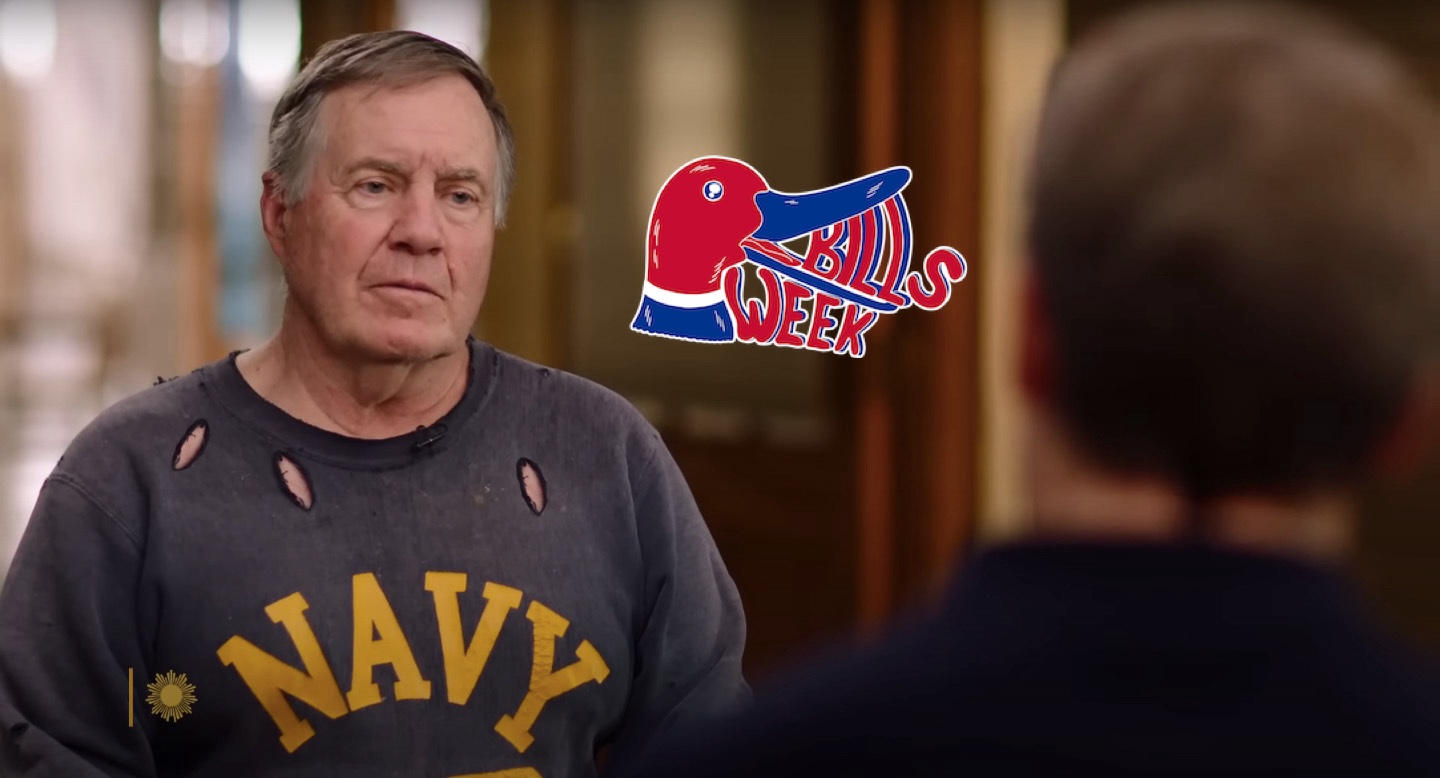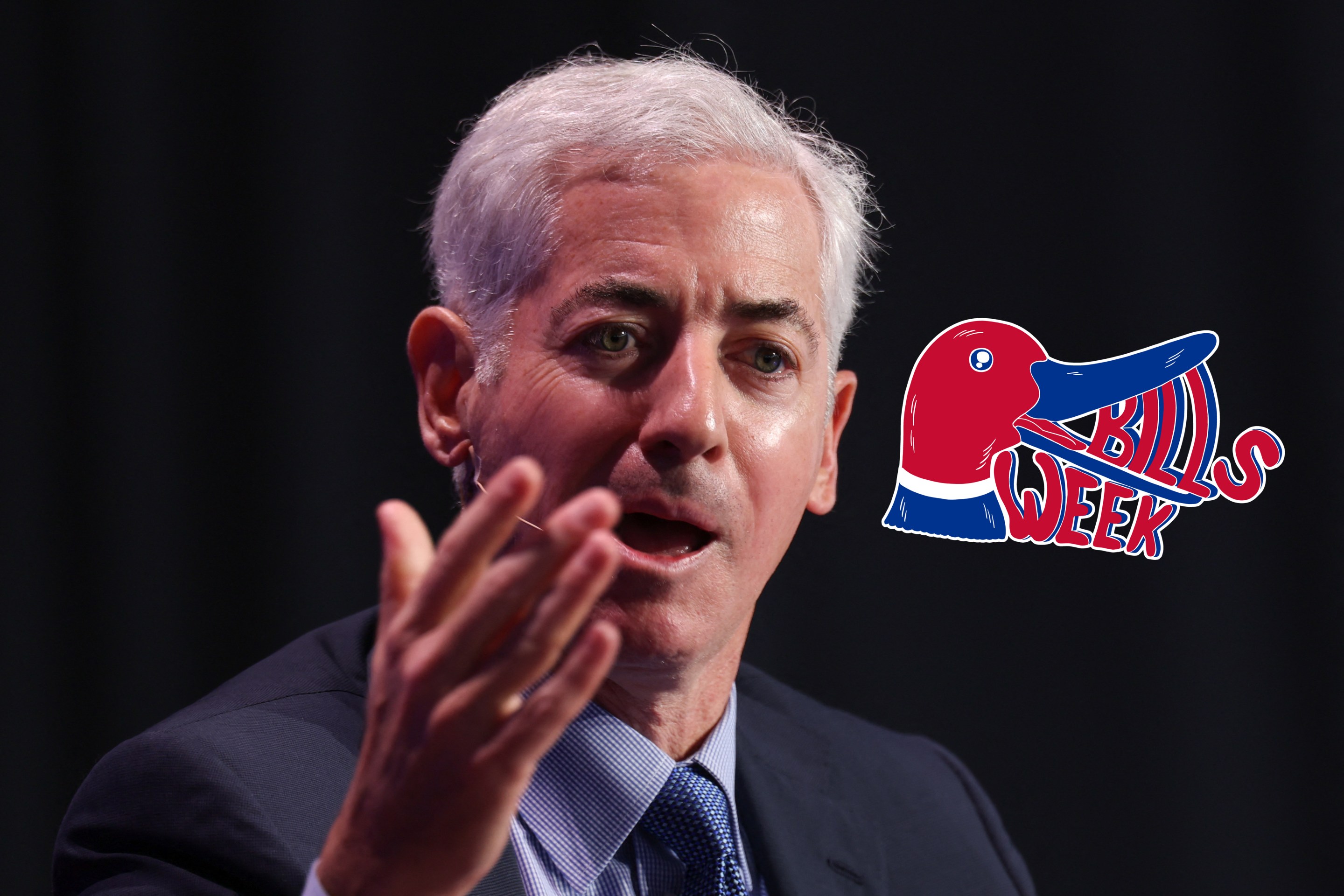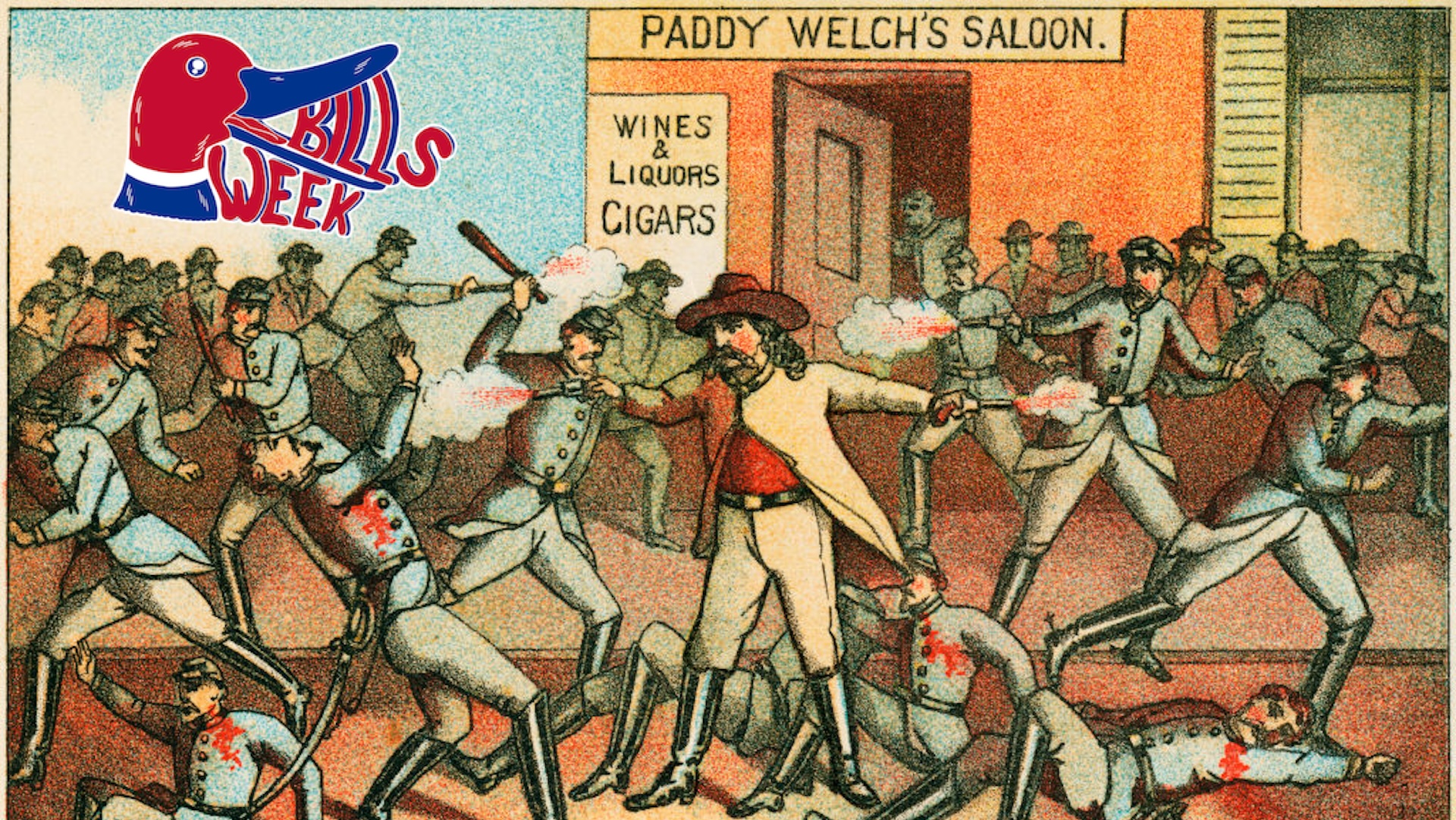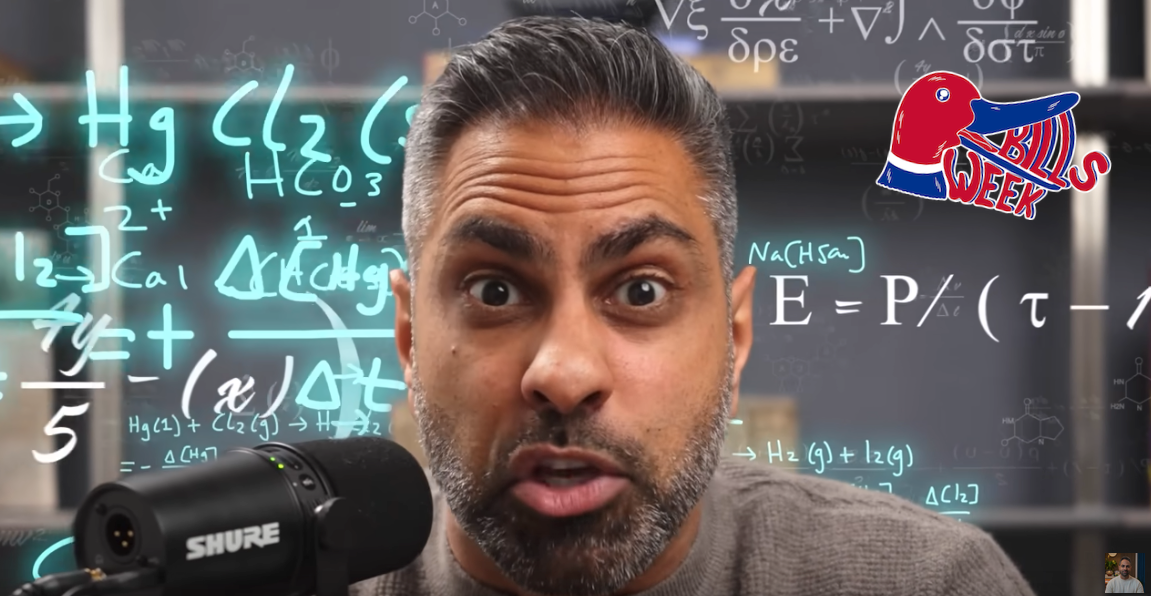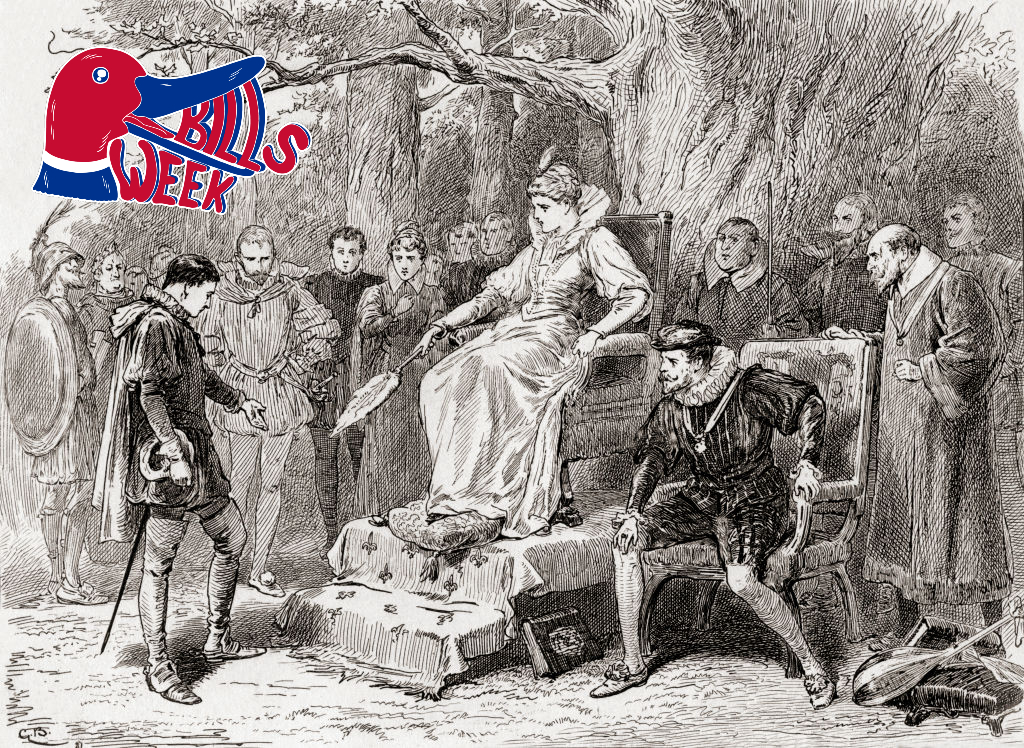I said it before the announcers did on Thursday night, when Blake Coleman looked like he had put Calgary up 5-4 in their brink-of-elimination Game 5 against the Oilers. I have a habit of whispering to myself during tense games, usually just single-word observations like "whoa" or "wow" or "beautiful" or "slashing," but in this case, like someone pressed a plastic button in my back, I muttered "distinct kicking motion" during the first replay.
Like "process of the catch" for football or "clear and obvious error" for soccer, "distinct kicking motion" is one of those collections of words that have wormed their way into every hockey fan's brain. And in the biggest game Alberta's seen in quite a long time, it's what sabotaged the Flames' chances to extend the series and let Connor McDavid crush them in overtime.
After a video review, the NHL judged that Coleman's momentum as he zoomed toward the crease, combined with the puck bouncing off his skate, were enough to disallow the go-ahead goal with six minutes left. Sportsnet's clip describes the play with one of the ugliest, most obfuscating cop-speak sentences I've ever seen: "Blake Coleman Has Goal Waved Off After Distinct Kicking Motion Was Determined." Catch the excitement of playoff hockey!
What does "distinct" mean? The phrase, as you can imagine, is taken verbatim from the league rulebook. Here's a piece of it:
37.4 Distinct Kicking Motion – Plays that involve a puck entering the net as a direct result of a “distinct kicking motion” shall be ruled NO GOAL. A “distinct kicking motion,” for purposes of Video Review, is one where the video makes clear that an attacking Player has deliberately propelled the puck with a kick of his foot or skate and the puck subsequently enters the net.
I have lots of beef here. One is the use of the word "deliberate," which is not a synonym for "distinct." If intent is the key, why even use "distinct" at all? But anyway, who's out there deliberately kicking pucks into the net? Every player knows that it's illegal and will get looked at under a microscope. Thus, no player would do so purposely. Though Coleman's skates are moving forward as they strike the puck, at no point in the play does it seem apparent to me that the thought "I should kick it" passes through Coleman's brain. If he has any conscious concerns, the first one would seem to be avoiding decapitation via crossbar. Even worse is the implied claim that you can read someone's mind by watching their actions in slow motion over and over again.
Just as tough is the infuriating inconsistency and confusion that always seems to surround the NHL's goal-or-no-goal symposiums. What's the difference between Coleman's play and this one? I'm not sure anyone can confidently give an answer.
This was called a good goal this season. Sharing for no reason in particular. pic.twitter.com/2MEQLgKenP
— Scott Wheeler (@scottcwheeler) May 27, 2022
That ESPN's own "rules analyst" Dave Jackson and plain old "analyst" Brian Boucher both so confidently called this a goal in the middle of the review further muddies the waters and serves as yet another example of video review's regular failure to uncover The One Real Truth:
In fairness, this is just what hockey is. It's a ridiculously fast sport with all kinds of weird deflections that's impossible to comprehensively absorb at full speed and often still tricky in slow-mo. The fact that the replay official wiped out the goal doesn't bother me all that much in itself. What bugs me is the veneer of authoritative finality surrounding this decision. As told by the NHL and its officials, Flames-Oilers stayed tied not because, well, you can't kick the puck in the net and it kind of looked like Coleman might have done that, and some official in Toronto decided he did. It stayed tied, per the NHL, because Coleman violated the rules with a distinct kicking motion.
That kind of binary thinking just doesn't click with my experience of watching sports at all. Just once, I'd like to see a "rules analyst" segment go something like this instead:
"So, Gord, tell us, is this a distinct kicking motion?"
"Ah, I don't know Guy, I guess he kind of kicked it from the look of things, eh? But he's also moving so fast and so chaotically that calling it a 'kick' really flattens the dazzlingly complicated series of motions Coleman's body is going through in this moment. What a wild sport this is, and a great game we're seeing. The man in Toronto will just have to pick one or the other, I suppose. No truly rational human can claim to have the omniscient judgement required to definitively make this call."
"You're fired, Gord."
North American sports in particular, with their disdain for ties and refusal to accept human error in officiating, are especially bad at just letting some plays be. What "distinct kicking motion" and other phrases like it do is, in an attempt to ban blatant violations, instead legislate away those moments of beautiful ambiguity that exist across all sports, that maybe even define these sports. A receiver bobbling a long throw near the sideline, a speedy base-stealer avoiding a tag at second, a man skating at full speed trying desperately just to do something that will keep his team alive: We've been conditioned to watch these plays like a jury in a courtroom instead of as wide-eyed admirers, and that's less fun. Replay may get the calls "correct," at least most of the time, but it still remains at least in part a job of prejudice and guesswork and instinct and opinion. It pretends the review booth can separate grey areas into black and white. The results are just as unsatisfying, but at least it takes a lot longer too.
